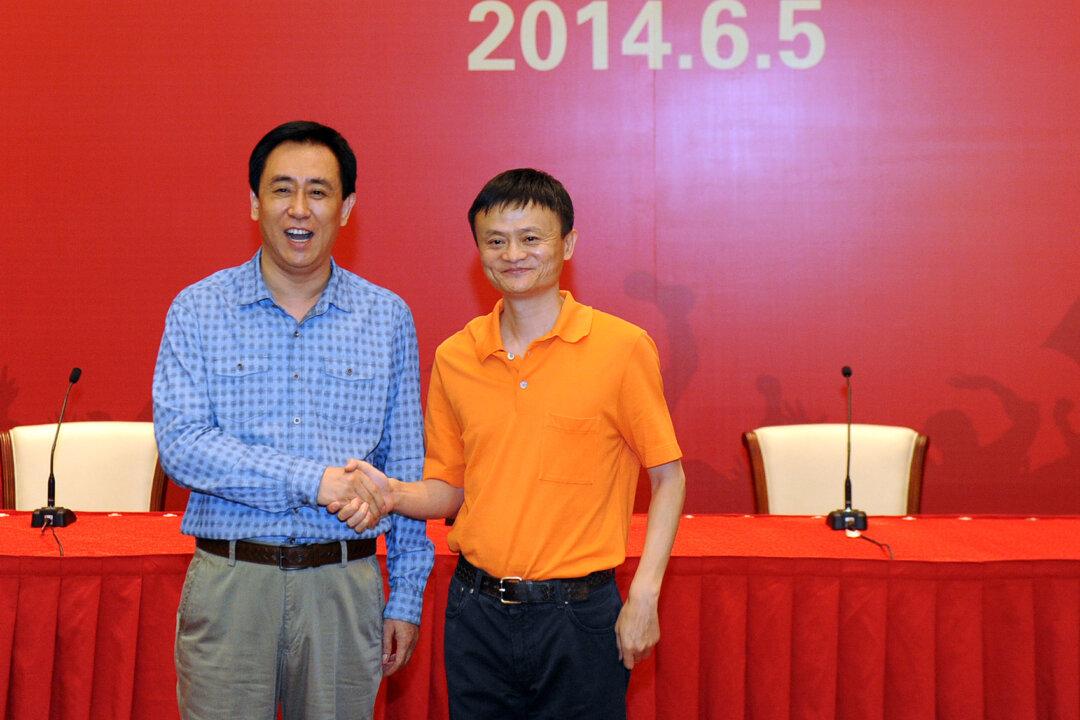Things must be really bad for Chinese property development group Evergrande Real Estate Ltd. or why else would it resort to accounting gimmicks to reduce the debt it carries on its books.
Late in March, rumors in Hong Kong had it that the company from Guangzhou defaulted on its obligations to one of its suppliers. Hours later, the company put out a press release that it had secured financing worth $16 billion from China’s largest state-owned banks, widely considered a bailout.
Whether it had to actually draw on these lines of credit is unclear. What is clear is that it had to resort to accounting gimmicks to reduce so-called leverage on its balance sheet, or the relationship between debt and equity.
Specifically, it classified some of its debt as equity to push down its debt to equity ratio from 292 percent to 85.9 percent in 2014, according to research by Barclays.





